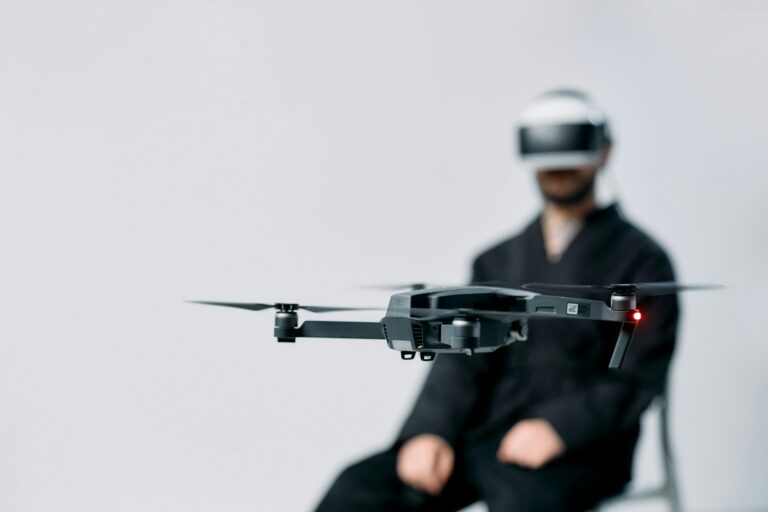OpenAI CEO Sam Altman shrugs off NY Times copyright lawsuit

OpenAI CEO Sam Altman insisted he’s not concerned about a copyright infringement lawsuit filed by The New York Times alleging that his company has used the newspaper’s content to train its AI models.
At the World Economic Forum in Davos, Switzerland, on Thursday, Altman claimed OpenAI was not concerned about a lawsuit brought by The Times, which has accused OpenAI of copyright infringement by using its content to train its AI models.
“We actually don’t need to train on their data,” said Altman, whose comments were reported by CNBC.
“I think this is something that people don’t understand. Any one particular training source, it doesn’t move the needle for us that much.”
Altman reiterated OpenAI’s claims earlier this month that the firm was surprised by Times lawsuit, and that the company had been negotiating with the paper before it was filed.
Altman added that OpenAI was prepared to pay the Times “a lot of money to display their content” in ChatGPT.
The Times lawsuit filed last month is demanding “billions of dollars in statutory and actual damages” related to the “unlawful copying and use of The Times’s uniquely valuable works.”
Altman added on Thursday that he fears that the AI race could be imperiled by a lack of sufficient supply of semiconductors that are needed to power the software.
Altman’s comments come amid a report that states he is in the process of raising billions of dollars from investors in hopes of building a global network of factories that would manufacture semiconductors for use in artificial intelligence-powered technology.
Altman has held conversations with Japanese investment giant SoftBank Group as well as Abu Dhabi-based G42 about potentially investing in chip factories, according to Bloomberg News.
Sources familiar with the situation told Bloomberg News that Altman’s efforts reflect his concern that the burgeoning demand for AI will far outstrip the supply of chips.
Altman’s strategy of building factories that make chips is far more expensive due to the construction and maintenance costs.
OpenAI’s competitors in tech, including Amazon and Google, normally manufacture their own chips and them outsource the mass production to outside companies.
Building and maintaining one chip making plant could cost tens of billions of dollars — which makes Altman’s task all the more daunting.
In his discussions with G42, Altman has reportedly broached the idea of the firm investing between $8 billion and $10 billion, according to Bloomberg News.
The report stated that OpenAI could conceivably partner with Intel, Taiwan Semiconductor Manufacturing Co. and Samsung to make chips.
The Post has sought comment from OpenAI, G42, SoftBank, Intel, Taiwan Semiconductor Manufacturing Co and Samsung.







